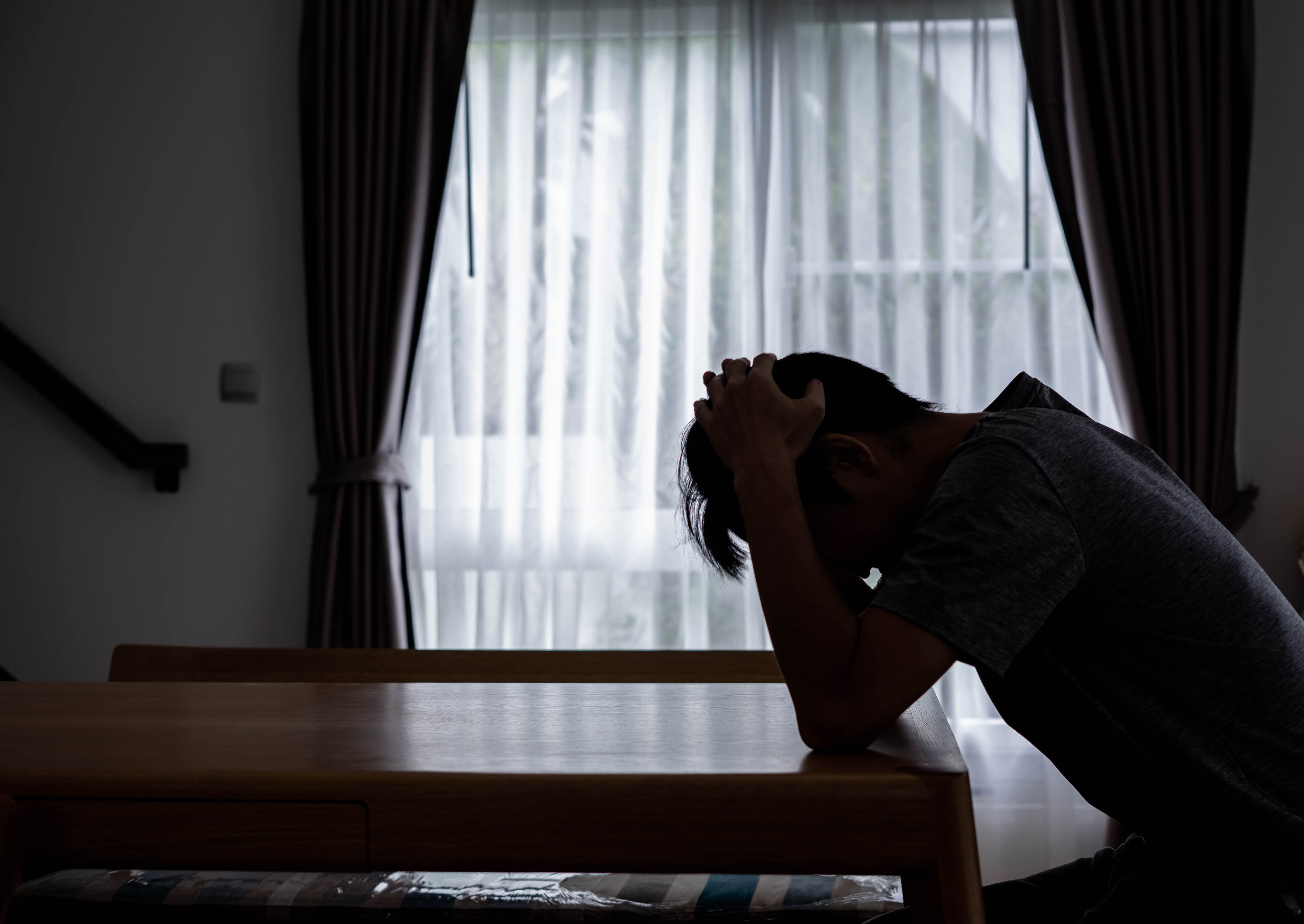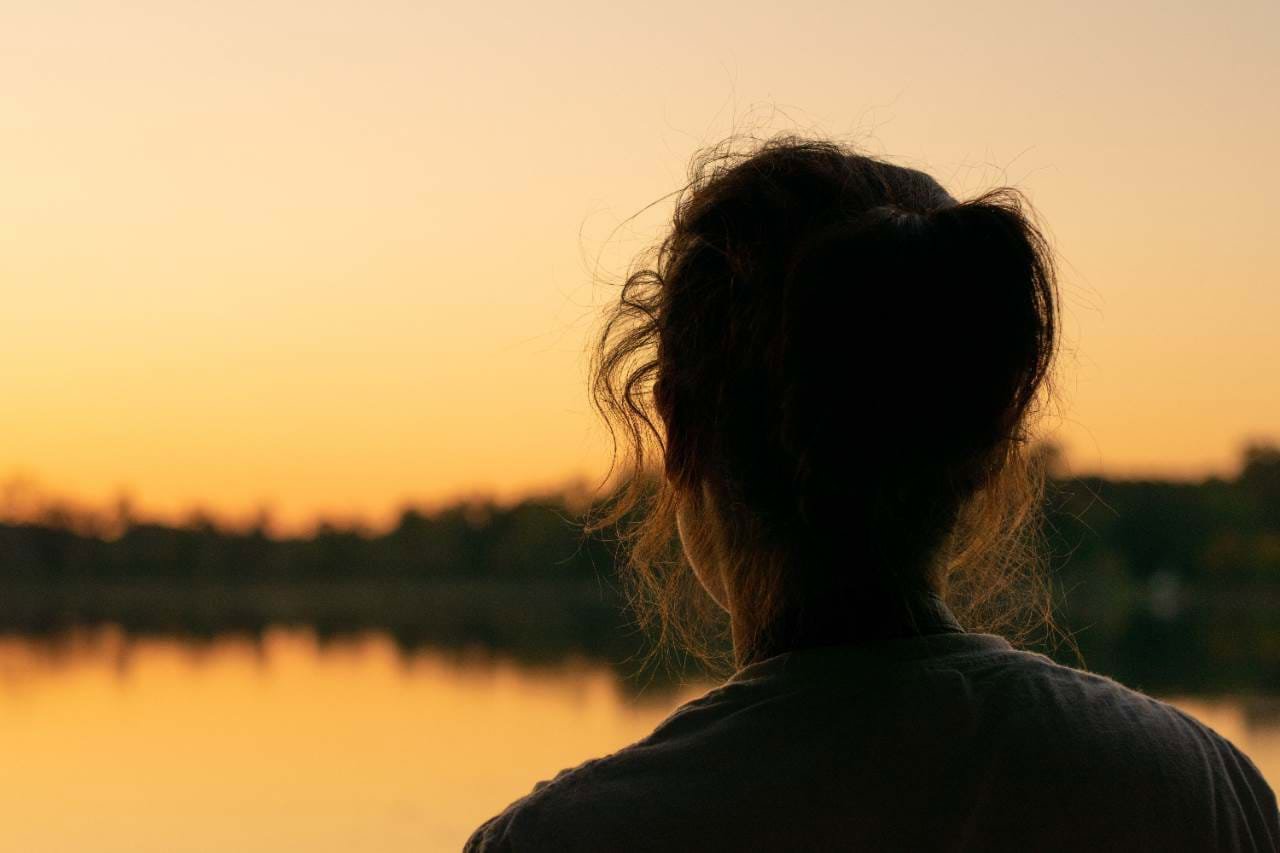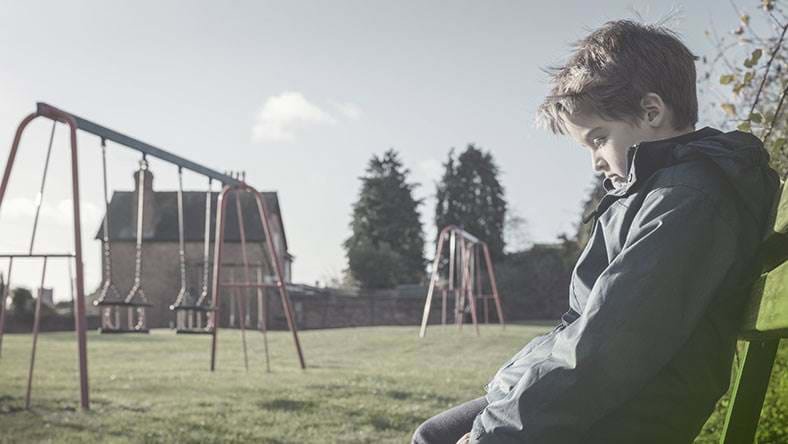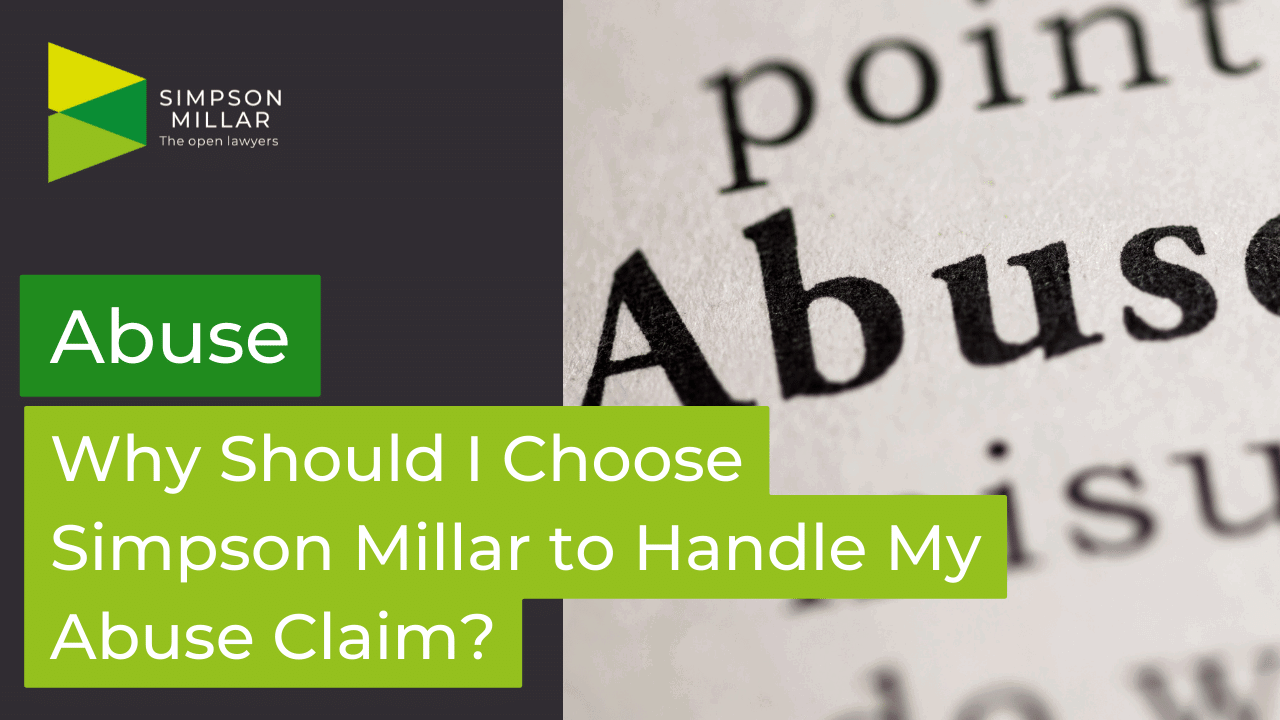
Liam Goggin
Director of Public Law Practice Area
If you were abused in an institution such as a school, care home, or church, we can help you get the justice and support you need, along with compensation. Suffering abuse can result in physical and psychological scars that can last a lifetime. We’re here to help you in whatever way you need when it comes to making a compensation claim.
Your abuser may have escaped criminal prosecution and making a civil claim is the only way you can get justice. You may want compensation or to get the institution to take responsibility for what happened to you. Whatever your circumstances or your objectives, and even if you aren’t sure yet, our specialist Abuse Solicitors can provide confidential, no-obligation legal advice so you can decide how you want to proceed.
If you get in touch for a free consultation we’ll tell you if you have a compensation claim and then you can decide if you do want to take your claim further. Take your time to make sure you’re clear about the claims process and what this involves. We’ll answer any questions you have, and we can talk about how you can pay for your claim. You may qualify for Legal Aid, depending on your financial situation or we could handle your claim on a No Win, No Fee basis.

Institutional abuse usually happens away from the home. This could be in places such as:
We also advise and support on cases involving:
In many child abuse cases, people working at these institutions used their position to commit a crime. That means the institution itself could be held legally responsible for the abuse that occurred.
Even if the abuser was a volunteer rather than an employee, the organisation may still be responsible for the abuse and liable to pay compensation.
There are several red-flags that could indicate institutional abuse is taking place, including:
If you’re worried that a friend or family member is being abused in an institution or organisation, you should report your concerns to the police.
If you or your child suffered physical, sexual, or emotional abuse or neglect during time spent at an institution, you may be able to claim compensation. You'll need to prove the abuse took place, the Defendant owed you a duty of care to safeguard you against harm, and their breach of this duty resulted in you suffering harm.
If you suffered abuse at an institution, you may have a compensation claim against the owner of that institution, for example, the local authority. If you are over 18 years old, you can bring a claim. In the case of children, parents typically bring the claim by acting as a Litigation Friend.


Many people are nervous about talking to a Child Abuse Solicitor because they are unsure whether the abuse they suffered means they qualify for compensation.
Our team has over 30 years of experience in child abuse compensation claims, and we will swiftly be able to tell you if you are able to bring a compensation claim. We would never subject you to the claims process unnecessarily.
The first thing you should do is report your child’s abuse to the police. We’ll guide you through this as we know this is a hard thing to do. You should also tell the police if you believe someone at a particular institution is abusing children.
We make the process for claiming compensation for child abuse in schools as easy and compassionate as possible. You can expect the following to happen:
Children who have been abused have three years from their 18th birthday to bring a claim. If you have not brought a claim by your 21st birthday, the Court may not let your claim proceed.
The Courts can allow your claim to proceed out of time even though the three-year time limit has passed. As the Courts are aware that it often takes survivors of abuse a long time to talk about what happened to them. In some circumstances, the Court can make an exception to the limitation period and allow your claim to proceed out of time even if it happened many years ago, provided there can still be a fair trial and there were good reasons for the delay.
Our Abuse Solicitors have the expertise needed to form a robust argument as to why your claim should be allowed to proceed if you have only recently found the courage to speak out about what happened.

Domestic violence is often perceived only as physical acts of violence – But it’s much more complicated than that. A lot of the time, people witnessing or experiencing this kind of behaviour don’t know that it is domestic violence. It therefore often goes on unreported and is often ignored. But domestic violence can happen at any point in a person’s relationship and there are many forms that it can take.

Institutional abuse, also known as organisational abuse, is when an individual or group of individuals are neglected or suffer because of poor care practices within an organisation or care setting.

If you have experienced physical or sexual abuse and wish to make a claim under the Criminal Injuries Compensation (CIC) Scheme, contact our Abuse Claims Solicitors for free legal advice and a no-obligation discussion.
Acting as a Litigation Friend, you can bring a compensation claim for institutional child abuse on behalf of:
You can trust that we'll provide the legal advice and support you need to achieve a sense of justice for the abuse survivor.
Evidence in child abuse claims is sometimes difficult to obtain as it is often the child's word against their abusers, especially when it happened many years ago. We will need to obtain records from the institution and medical records including police reports if there are any to help with the claim.
As your Solicitor, it is our role to gather the evidence needed to prove to the Court that, on the balance of probabilities, the abuse did happen and this caused you damage for which the Defendant needs to compensate you.
Compensation for child abuse varies. Factors that can influence the amount include:
We'll make sure your compensation settlement reflects the seriousness of what's happened to you and is in line with current laws and guidelines that apply to your case.


Private counselling and/or psychology sessions can be expensive. Compensation can allow you to fund the best treatment available and take time off work to focus on your recovery. You deserve a bright future, and an institutional child abuse compensation award can help you achieve this.
Abuse compensation awards are split into two categories:
If you or someone close to you has been affected by organisational or institutional abuse our team are available to support you. The journey towards recovery and seeking justice can be challenging but you don’t need to navigate it alone. You can trust that we’ll:
Listen to your story - Acknowledging the impact of institutional abuse is a significant step towards healing. It's natural to feel overwhelmed, confused, or distressed. Seeking professional support is a vital part of your recovery. Our team of dedicated Abuse Solicitors can assist you. We offer a safe space to discuss your experiences and concerns, providing expert guidance tailored to your specific situation.
Point you in the direction of specialist support - The effects of institutional abuse can be profound, often extending beyond the immediate aftermath of the incidents. These experiences may have lasting emotional, psychological, and physical consequences. It's vital to connect with specialist support services that can address your unique needs. Our Abuse Solicitors can refer you to these services, ensuring you receive the comprehensive support required for your journey to recovery.
Help you explore the possibility of claiming compensation - In some cases, seeking justice through legal channels is an important aspect of the healing process. Our team are experienced in navigating the complexities of abuse claims. We can provide you with advice on the legal options available to you, including the possibility of pursuing compensation for the harm you've endured.
Provide specialist support for sexual abuse survivors – If you’ve suffered sexual abuse you may find it difficult to come forward and share what happened to you. We understand the courage required to discuss such deeply personal matters. We can advise you on sexual assault compensation with sensitivity and compassion.

Our Child Abuse Solicitors have a national reputation for being compassionate, caring, and driven to get survivors the compensation they need to move forward with their lives. Members of our child abuse team have worked on national inquiries and act as Trustees of abuse support services.
By choosing us, you can trust that we'll:
Your compensation claim may be delayed because of an ongoing investigation and trial but it will not prevent you from bringing a claim. You can still bring a compensation claim even if your abuser is found not guilty in a criminal trial.
Abuse cases rarely go to court. In a vast majority of cases, we settle claims through negotiation. But if you do have to attend court, we'll be by your side, providing all the support you need.
If the abuse happened many years ago, you could still make a compensation claim, either against the person who abused you, the organisation that should have protected you, or through the Criminal Injury Compensation Authority (CICA) scheme or an established historic abuse redress scheme. We'll help you make a historic abuse claim by working tirelessly to gather the evidence needed.
Yes, if you're not happy with your current Solicitor, you can contact us to see if we can help. You may need to pay a portion of your former Solicitor's legal costs if you choose to change legal advisors part-way through your claim.
It varies. The CICA scheme aims to resolve simple claims within 12-18 months. If your claim is against a local authority or private organisation such as a church or independent school, the process may take between two to three years and sometimes longer, depending on the facts of the case.
We'll keep your personal details confidential and protect your privacy. If your case does go to court, we can apply for an Anonymity Order so your name and personal details won't be mentioned in proceedings or media coverage of the case (if applicable).
Yes. This means you won’t pay any money upfront for your legal fees but you will have to pay for additional costs, known as Disbursements, like Court fees or expert reports fees. This can be covered by an insurance product called After the Event Insurance which would cover these costs for you. Your case handler will provide more detail about this.
You’ll sign a Conditional Fee Agreement or a Damages Based Agreement that says if you lose your case, you won’t pay our legal costs. If you win your case, the other side will pay for a proportion of our legal costs, but we will also deduct a success fee from your damages which will be capped at a percentage agreed in advance.
Yes, We'll help you make an application after advising you whether you qualify for Legal Aid.
There are several support organisations dedicated to helping child abuse survivors, including:
Our Child Abuse Solicitors know and trust these providers and can put you in touch.
You may be able to claim through the CICA or if the abuse happened at a local authority or private institution, a claim may be brought against those bodies if it can be shown that they were negligent when it came to protecting you from the abuse.
Fill in the form below to get in touch with one of our dedicated team members, or call our team today on: 0800 260 5010